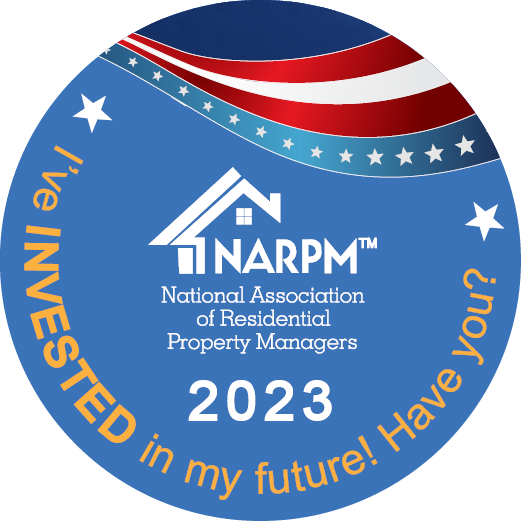Real estate might seem an exciting and attractive proposition for many. But one thing that puts many people off the idea is getting a bad tenant - one who doesn't pay the rent and wrecks your property.
However, there's no reason for this worst-case scenario to put you off property ownership. It's why security deposits exist. Read on to learn five important facts about getting a refundable deposit from tenants in Charlotte.
1. There Are Limits on Security Deposits
In North Carolina, laws protect tenants from paying high and unmanageable sums when renting a new property. For landlords, this means you have to work within a limit.
For short-term weekly leases, you can only charge a maximum of two weeks' rent.
If you have a monthly lease, you can charge a maximum of one and a half months rent. If you are any longer than this, you can only charge a maximum of two months' rent.
2. Designated Bank Accounts
You must protect your tenant's deposit by keeping it in a separate bank account from your normal one. This prevents you from accidentally spending the money and leaving the tenant without their funds at the end of their rental agreements with you.
As with rules about maximum deposits, designated accounts are governed by the law in North Carolina. When you set up the account, you must provide tenants with written confirmation about the bank details, including the account number.
3. You Must Itemize Deductions
When the tenant leaves the property, you must inspect it for damage. You'll also need to review your tenant's rent payments to check for anything outstanding.
Suppose you want to deduct money for unpaid rent, lease violations, or damage. In that case, you'll need to itemize it for your tenant, which means a line item and reason for every deduction you make.
This transparency is fairer for the tenant and lessens the chance of disputes.
4. There Is a Deadline for Returning Deposits
Once a tenant's lease ends, you have a deadline for returning their security deposit.
In North Carolina, that timescale is 30 days from the lease end date. This gives you time to assess the property for damage and is also fair on tenants, meaning they won't have to wait too long to receive money that is rightfully theirs.
If you find damage, you can extend the deadline to 60 days to give you more time to assess the extent and cost.
5. Legal Penalties
Never forget the law isn't advice. Ignoring rules about security deposits could land you in court, with the potential for financial penalties for non-compliance.
You may need to repay the tenant twice their deposit plus legal fees, so it's expensive.
Protecting Your Property Via a Refundable Deposit
A refundable deposit is an essential tool for any landlord. It protects your investment. However, you must know the law on tenant rights and understand how to navigate compliance issues when issuing and returning a security deposit.
Our team at Carolina Property Management, LLC, combines exceptional service and an innovative approach to bring you the most comprehensive property management services available in Charlotte. Discover more about how we can help you.

















